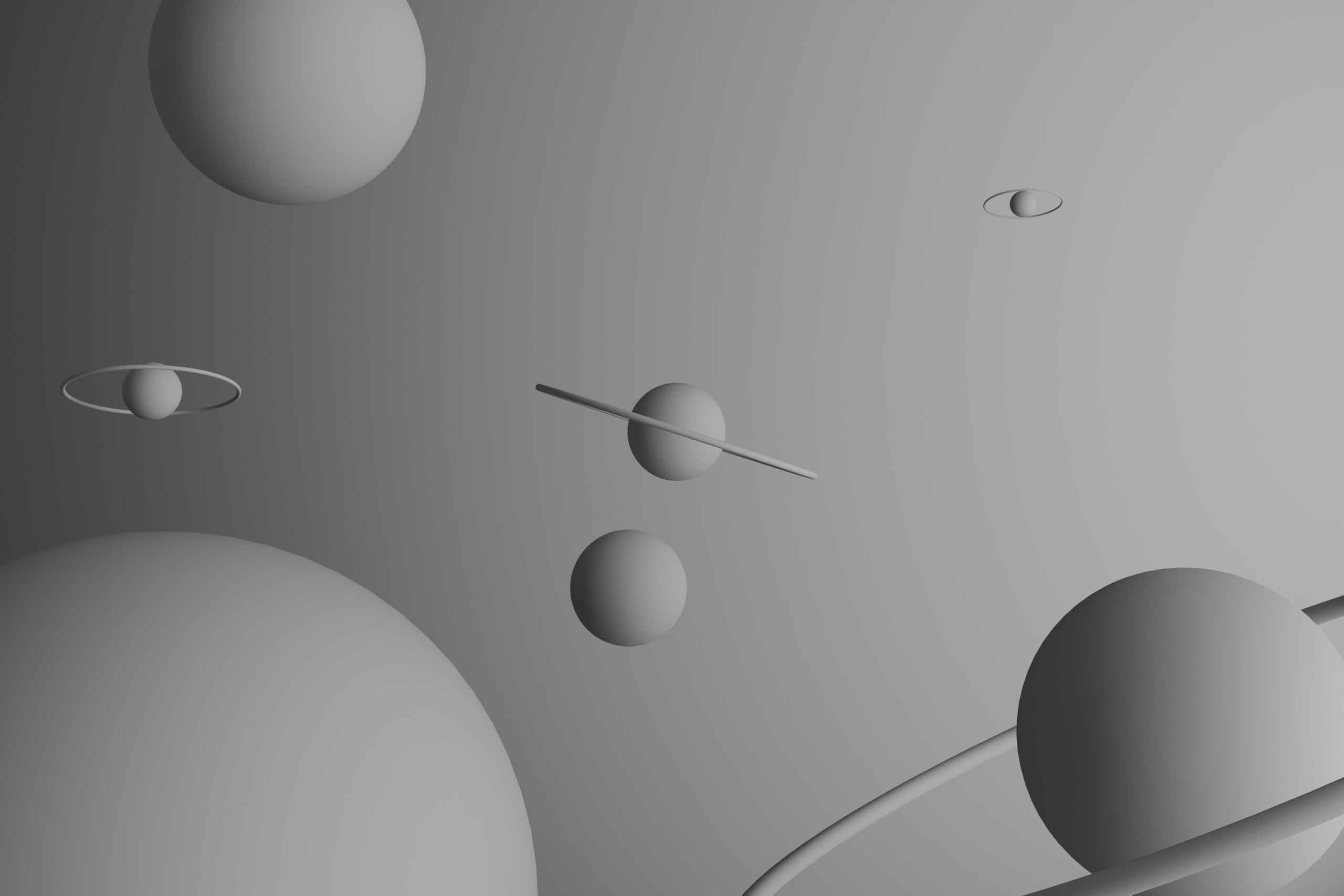Urinary System Info Sheet
The urinary system is responsible for producing, storing, and eliminating urine from the body. It is composed of the kidneys, ureters, bladder, and urethra. Below is an overview of the key concepts related to the urinary system.
Kidneys
The kidneys are bean-shaped organs located on either side of the spine, behind the abdominal cavity. Their primary functions include:
- Filtering waste products and excess fluids from the blood
- Regulating electrolyte balance
- Producing hormones that regulate blood pressure and red blood cell production
Ureters
The ureters are muscular tubes that connect the kidneys to the bladder. They transport urine from the kidneys to the bladder through peristaltic contractions of their muscular walls.
Bladder
The bladder is a muscular sac that stores urine until it is eliminated from the body. Its capacity can vary greatly depending on a person's age, gender, and overall health.
Urethra
The urethra is a tube that connects the bladder to the external environment. In males, it also serves as a passageway for semen during ejaculation.
Urine Formation
Urine is formed through a process called nephron filtration, which occurs in the kidneys. The nephron is the basic unit of the kidney, and each kidney contains millions of them. The process of nephron filtration includes:
- Filtration: blood is filtered through the glomerulus, a cluster of capillaries within the nephron.
- Reabsorption: essential nutrients and water are reabsorbed back into the bloodstream.
- Secretion: excess waste materials and ions are secreted into the urine.
Common Disorders
Disorders related to the urinary system can have serious consequences if left untreated. Some of the most common disorders include:
- Urinary tract infections
- Kidney stones
- Incontinence
- Bladder cancer
Conclusion
The urinary system plays a key role in the body's overall health and wellbeing, and its proper functioning is essential to maintaining homeostasis. Regular physical activity, a balanced diet, and adequate hydration can help promote good urinary system health. If you experience any unusual symptoms or changes in urinary habits, it is important to consult a healthcare provider.
